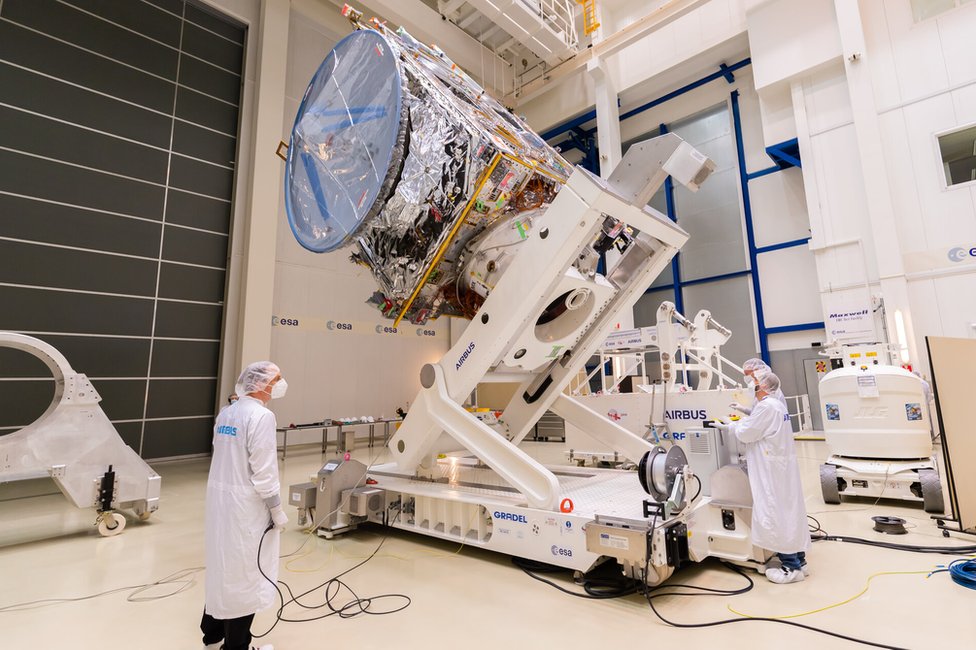Jakarta –
The Juno drone belonging to the United States space agency (NASA) has sent a close sighting of Ganymede, one of the four moons orbiting Jupiter and the largest natural satellite in the Solar System.
The image was taken from a distance of about 1,000 kilometers.
That’s the shortest distance any spacecraft has reached in more than 20 years.
Juno just happened to be passing by; studying Jupiter had become a daily chore. But the European Space Agency will send a special mission soon.
The Jupiter ICy moon Explorer, abbreviated as Juice, will fly past Jupiter’s two satellites, Callisto and Europa, before placing itself in a fixed orbit around Ganymede, expected in 2032.
Images from Juno show the fractured and cratered surface of Ganymede in great detail. They will be compared with images taken by the Galileo (1995-2003) and Voyager (2003), both of which also belong to Nasa, to see if any changes over time.
“[Juno] been closest to this giant moon of any spacecraft in a generation,” said Juno Principal Researcher Scott Bolton of the Southwest Research Institute in San Antonio.
“It will be some time before we can draw any scientific conclusions, but in the meantime we can admire this magical celestial body.”
With a diameter of 5,268 kilometers, Ganymede is the largest moon in the Solar System. (BBC)
One of the things that has attracted many scientists to Ganymede – as well as Callisto and Europa – is the possibility of water beneath its icy surface.
Nasa said they would soon publish color images of Juno’s journey across Ganymede.

Esa’s JUpiter ICy moon Explorer is scheduled to launch from Earth next year. (ONE)
(ita / ita)
– .


